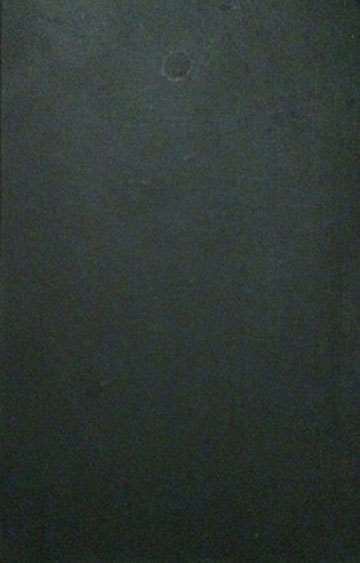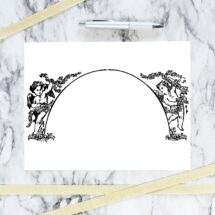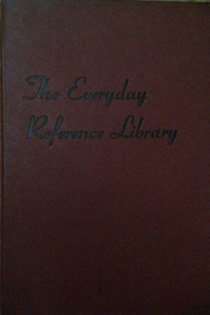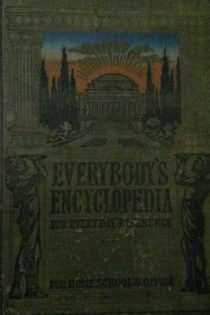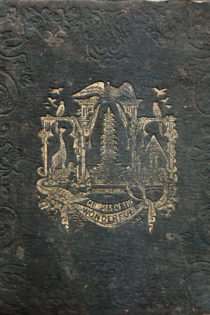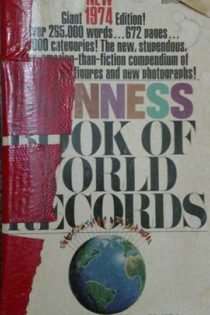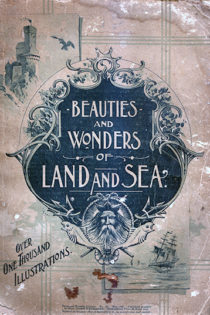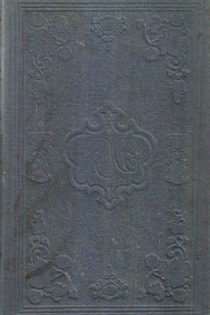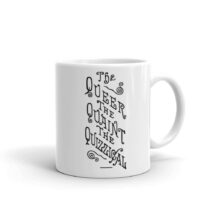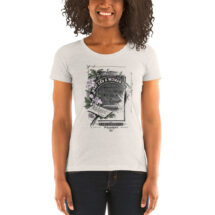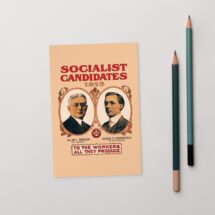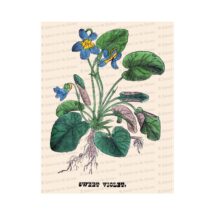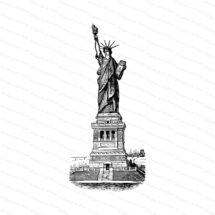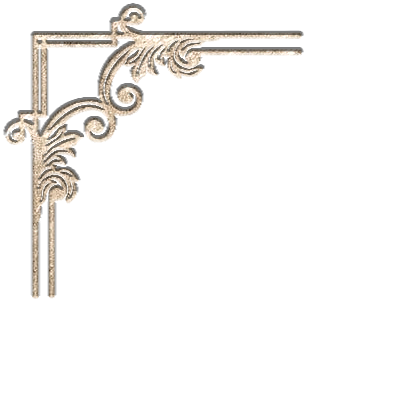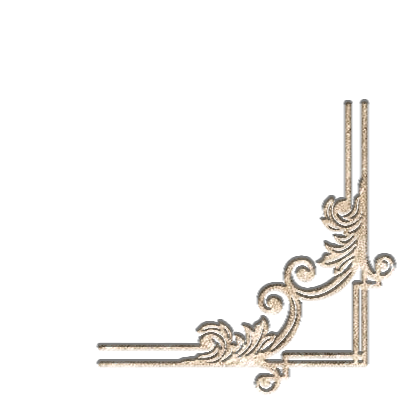References
“‘The Queer, the Quaint and the Quizzical,’ by Frank H. Shauffer, is well described as a ‘Cabinet for the Curious.’ It treats upon old and rare books, manuscripts, literary curiosities, comical blunders, queer laws and quaint characters, singular customs, rare relics, exploded notions, odd theories, strange prophecies, charms, amulets, superstitions, remarkable discoveries, interesting facts connected with inventions, together with a large collection of curious subjects relating to animal and vegetable life. In short it is ‘an odd collection of the oddest kind of oddities’ all rendered available by a copious and well arranged index.
(Philadelphia; Robert A. Triple.)”
– Detroit Free Press, Detroit, Michigan, 2 Sep 1882
“THE QUEER, THE QUAINT AND THE QUIZZICAL. By Frank H. Shauffer.
Philadelphia: Robert A. Tripple.
This handsomely bound volume, with its odd, taking title, comes to us from one of the richest and best known second-hand book stores in the country. Every page brings recollections of queer, old, black letter volumes – of heavy tomes, bearing the padlock and chain by which centuries agone they were kept secure in some great library of odd, musty, overhanging shops in London town – of narrow streets, down which one sees the big, burly figure of ‘rare old Ben’ – of peaceful, grass-grown church-yards, where the ivy and the yews dispute their rights to cover out of sight the crumbling grave stones, of the strange customs of far off nations, of the depravity of gilded courts, the barbarity and misery of alleys and dens from Rome to Boston. The book is wonderfully interesting. For example, about alliterative whims we learn that Mrs. Crawford wrote one line in her song ‘Kathleen Mavourneen’ for the express purpose of confounding the cockneys who invariably sing it, ‘the ‘orn of the ‘unter is ‘eard on the ‘ill.’ and then there’s tanother instance of the cockney pronunciation in
‘A helephant heasily heats at his hease
Hunder humbrageous humbrella trees.’
An extract from an old letter of Daniel Boone’s shows how well and untrammeled he was in his method of spelling, for he says, ‘I hope you Will Wright me By Bearer, Mr. goe, how you com on with my Horsis,’ etc. Court fools were at their highest popularity in the middle ages. Later on noblemen and all rich people kept imbecils and weak-minded persons for the amusement of their guests, and finally in teh seventeenth century the custom was abolished.”
– The Times-Picayune, New Orleans, Louisiana, 4 Sep 1882


